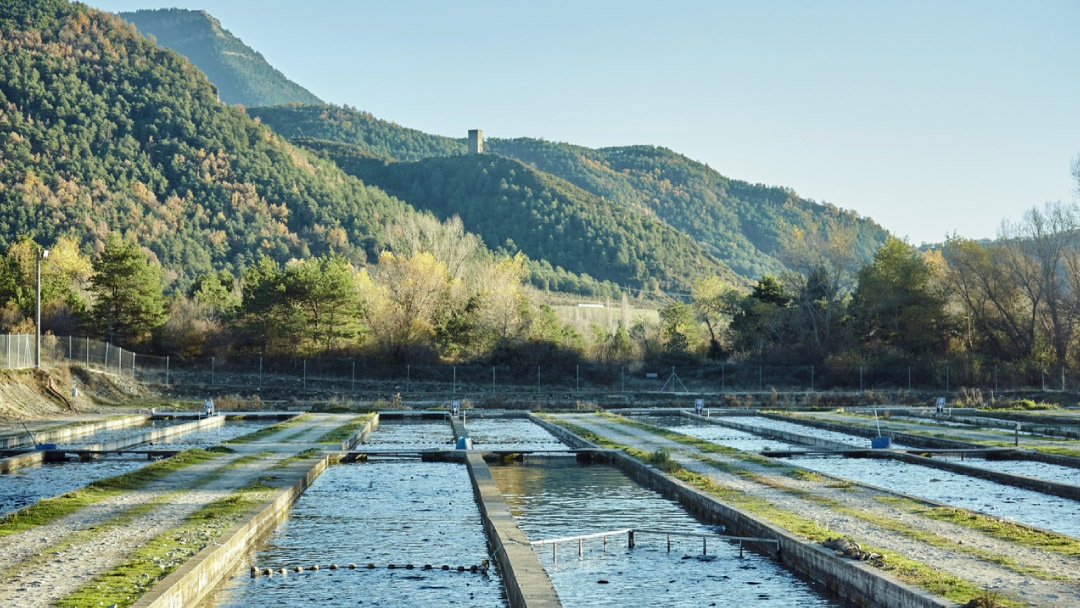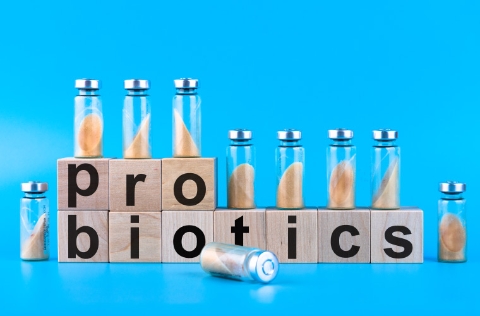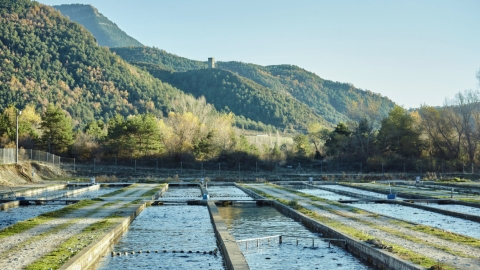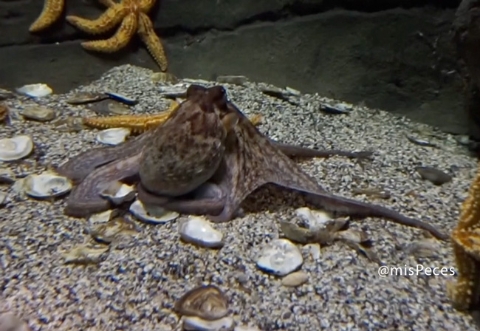
The Federation of European Aquaculture Producers (FEAP) has welcomed the launch of the European Ocean Pact by the European Commission, describing it as a positive step towards greater integration of maritime policy and a more structured approach to aquaculture across the European Union. However, the federation has also strongly criticised the complete exclusion of freshwater aquaculture from the new strategic framework.
The European Ocean Pact, presented on 5 June, aims to strengthen EU action in maritime sectors by improving spatial planning, promoting sustainable food systems, and boosting investment through initiatives such as BlueInvest and InvestEU. It includes a commitment to launching an EU initiative on Sustainable Aquaculture and the development of a Vision 2040 for fisheries and aquaculture. The Pact also introduces plans for a Europe-wide campaign to raise awareness about the benefits of aquatic food, a term that FEAP welcomes as a more inclusive alternative to “seafood”.
While acknowledging these efforts, FEAP has warned that the omission of freshwater aquaculture—despite its significant role in EU food production—reveals a deeper institutional problem that has long hindered the growth of the sector. The federation highlights that rainbow trout and carp farming are major components of European aquaculture and deserve equal strategic consideration. FEAP argues that fish farming no longer fits comfortably within the current Common Fisheries Policy or under the remit of the Directorate‑General for Maritime Affairs and Fisheries. It contends that the current legal framework is outdated and unsuitable, contributing to stagnation in the sector over the past 25 years.
In response, FEAP, together with the Aquaculture Advisory Council, has reiterated its call for a dedicated Common Aquaculture Policy that reflects the unique nature of fish farming and supports its role in food security, public health, and sustainable rural development.
FEAP has also commented on several components of the Pact. It supports the proposal to coordinate with stakeholders on sustainable aquaculture but insists that cross-departmental alignment within the Commission is essential to avoid fragmented implementation. The federation also backs the development of a guidance document on managing predators such as the Great Cormorant but urges a pan-European approach given their migratory behaviour.
FEAP regards the Ocean Act’s potential to consolidate maritime governance and set clear targets as a step forward, but maintains that food production targets should be quantitative and binding. It expresses concern over the narrow focus of the EU Mission “Restore our Ocean and Waters” on low-trophic aquaculture, arguing that this overlooks the importance of fed finfish farming.
The federation supports the update of labelling rules to ensure transparency for consumers across all sales channels and welcomes the promotion of aquatic food as a healthy, sustainable dietary option. However, it regrets that the Blue Generational Renewal Strategy planned for 2027 does not include aquaculture, despite the sector’s pressing need to attract new talent.
Although the Pact mentions reducing administrative burdens, FEAP believes it fails to offer real solutions to the excessive bureaucracy and complex licensing systems that continue to restrict sector growth across Member States. The federation calls for harmonised procedures and more coordinated action from EU institutions.
Finally, FEAP challenges what it describes as the Pact’s “messianic” view of environmental decline in European waters. While acknowledging that EU marine targets have not yet been fully met, it emphasises the improvements in water quality achieved over recent decades and reaffirms its commitment to the Marine Strategy Framework Directive.
FEAP concludes by reaffirming its commitment to constructive engagement with EU institutions, while urging structural reform to fully unlock the potential of European aquaculture.



